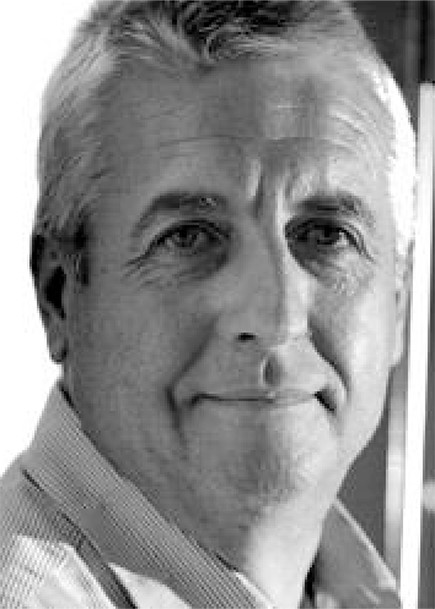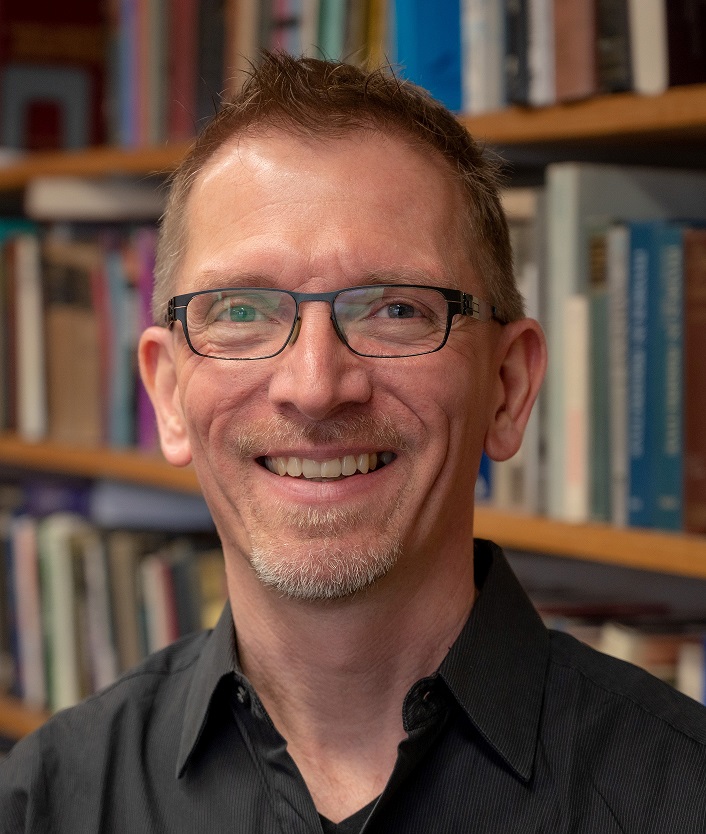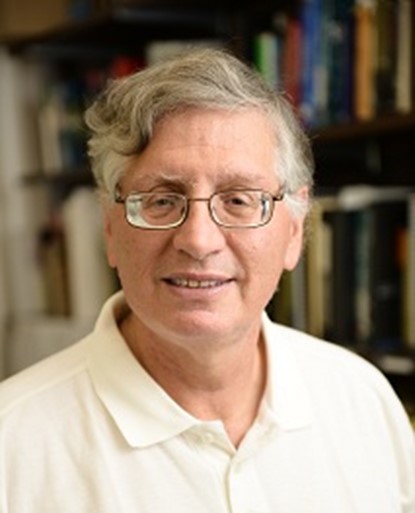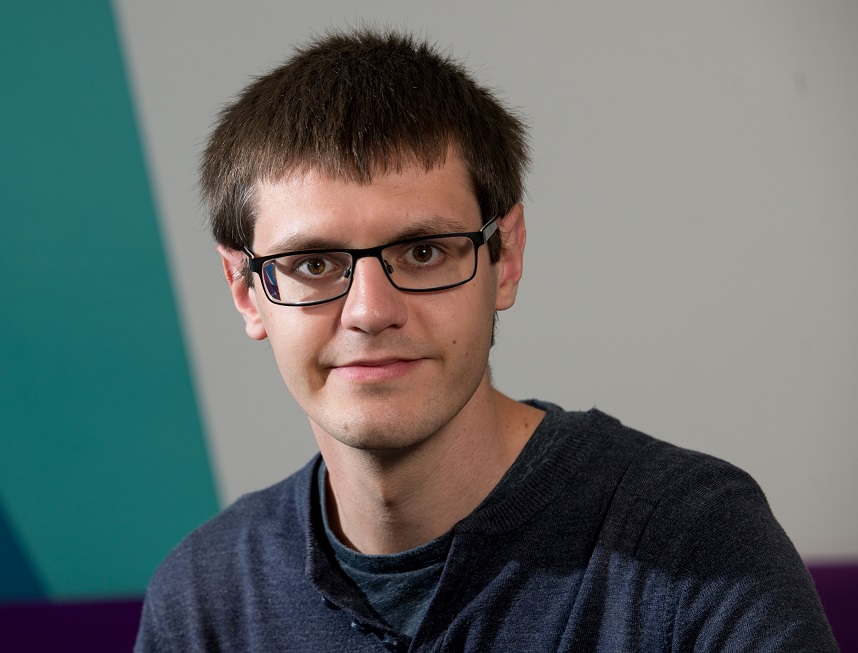Welcome
Join us in London in April 2025 for this edition of the Faraday Discussion series. The Faraday Discussions are unique international discussion meetings that address current and emerging topics at the forefront of the physical sciences.Recent developments in experimental and computational chemistry, physics and life sciences have enabled a greater quantitative understanding of lipid asymmetry and its coupling to protein function. This Discussion will explore the various facets of membrane asymmetry, bringing together experts in membrane physical chemistry, membrane biophysics, and membrane physiology.
On behalf of the organising committee, we look forward to welcoming you to London.
Georg Pabst and John Seddon (Co-chairs)
Why attend?
Find out more about Faraday Discussions in the video and FAQs – see Useful links on the right.A unique conference format that prioritises discussion
At a Faraday Discussion, the primary research papers written by the speakers are distributed to all participants before the meeting – ensuring that most of the meeting is devoted to discussing the latest research.
This provides a genuinely collaborative environment, where discussion and debate are at the foreground. All delegates, not just speakers, are invited to make comments, ask questions, or present complementary or contradictory measurements and calculations.
An exciting programme of talks – and more
Take part in a well-balanced mix of talks, discussion, poster sessions and informal networking, delivered by our expert events team. You can explore the full programme in the downloadable files on the right – whether you’re attending in-person or online, every minute provides an opportunity.
The conference dinner, included in the registration fee, contains the Marlow Cup ceremony: a unique commemoration of past Faraday Discussion organisers that is sure to encourage further discussions over dinner.
In-depth discussion with leaders in the field
World-leading and established researchers connect with each other and early-career scientists and postgraduate students to discuss the latest research and drive science forwards. It’s a unique atmosphere – and challenging others to get to the heart of the problem is encouraged!
Your contributions, published and citable
A citable record of the discussion is published in the Faraday Discussions journal, alongside the research papers. Questions, comments and remarks become a valuable part of the published scientific conversation, and every delegate can make a major contribution.
Discover London
The Discussion will take place at Burlington House, Piccadilly, in the centre of London and its historic attractions. Step out to explore the capital city while you’re here – or stay a few extra days to explore the city further and the surrounding area.
Themes
Recent developments in experimental and computational chemistry, physics and life sciences have enabled a greater quantitative understanding of lipid asymmetry and its coupling to protein function. This Discussion will explore the various facets of membrane asymmetry, bringing together experts in membrane physical chemistry, membrane biophysics, and membrane physiology.Plasma membrane asymmetry and lipid homeostasis
The omics era has provided much data on phospholipids, sphingolipids, sterols and proteins located in different membranes, although information on their functional relevance remains limited. This session will address challenges such as measuring trans-leaflet lipid distribution, including the spatiotemporal relation to overall lipid composition, and dissecting secondary lipid messengers from lipid ‘players’ with respect to bulk membrane properties.
Engineering plasma membrane mimics
Quantification of physicochemical properties of realistic plasma membrane mimics hinges on the controlled production of asymmetric bilayers in the presence and absence of integral or peripheral membrane proteins. This session will discuss recently developed asymmetric membrane procedures and how these might be improved.
Structure and dynamics of asymmetric membranes
In this session we will seek to obtain physicochemical insights from lipid-only plasma membrane mimics. The session will include minimum realistic mimics of mammalian or bacterial plasma membranes, as well as the role of cholesterol in tuning and maintaining membrane asymmetry.
Proteins in asymmetric membranes
This session will focus on integral proteins functionally reconstituted into asymmetric membranes. Topics will include folding and reconstitution of proteins in asymmetric lipid membranes, control of protein directionality, and stability of lipid asymmetry in the presence of integral proteins.














